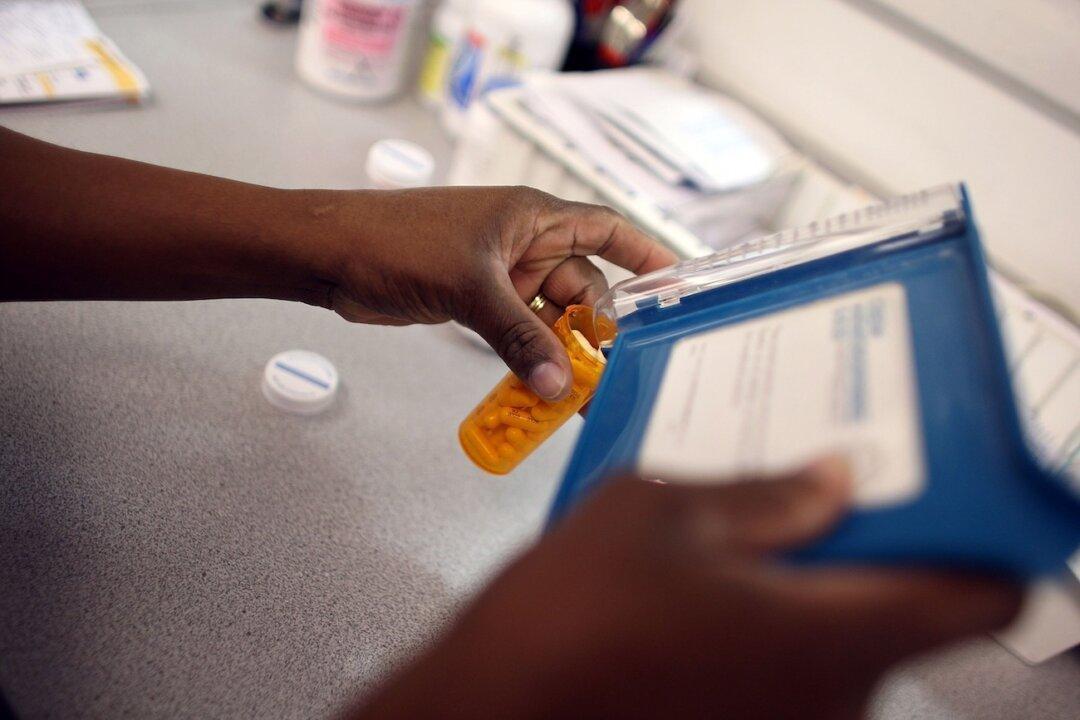As the COVID-19 public health emergency nears its end, the Biden administration is seeking to extend telehealth flexibilities that allowed doctors to virtually prescribe controlled substances to their patients.
Prescribing controlled substances via telehealth was limited before the COVID-19 pandemic under the Ryan Haight Act, which is a 2008 amendment to the 1970 Controlled Substances Act. The law, in part, requires doctors to see their patients in person before prescribing controlled substances via telehealth.




